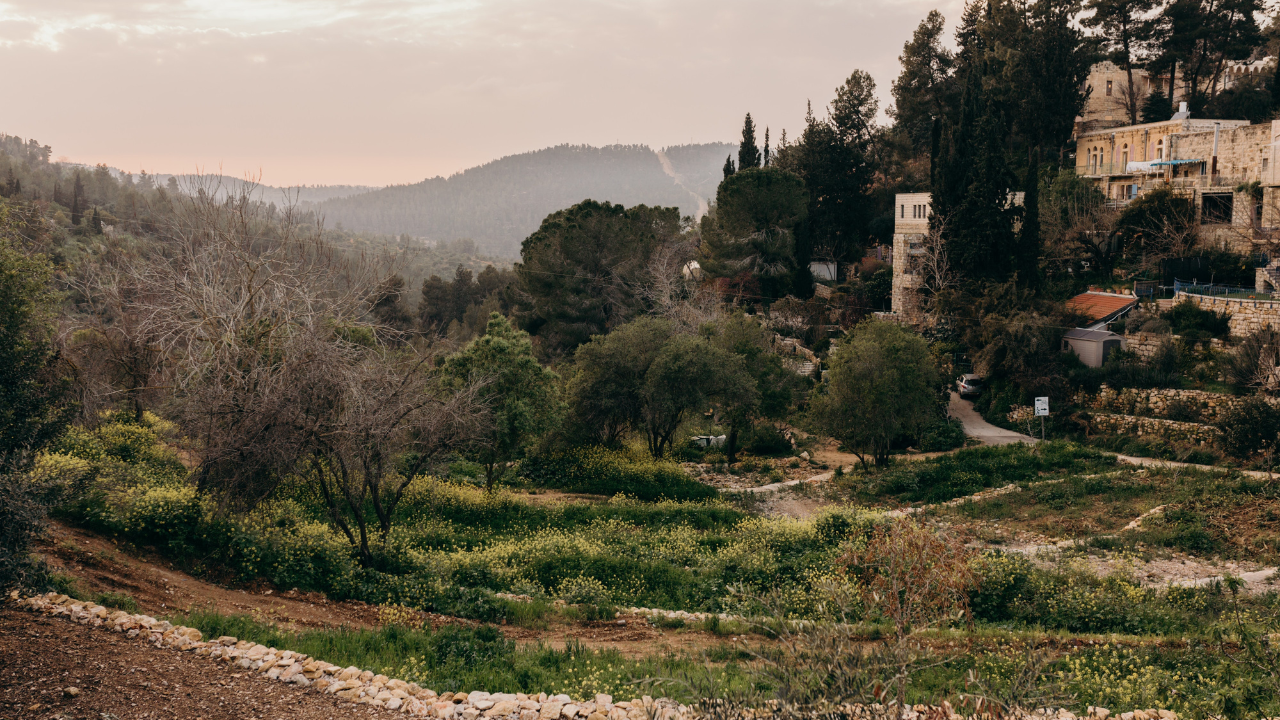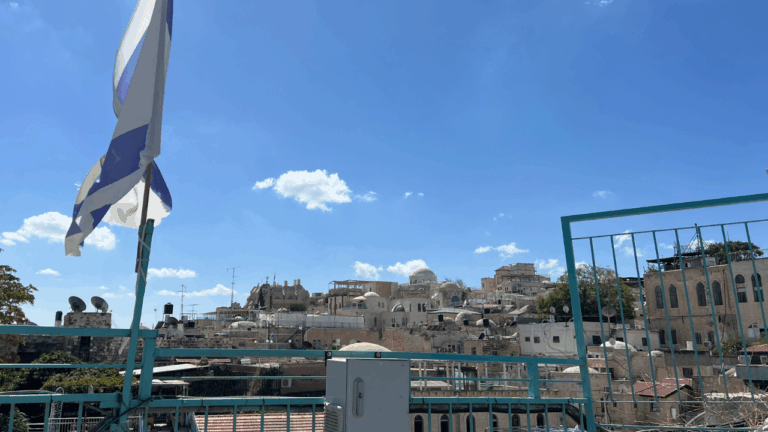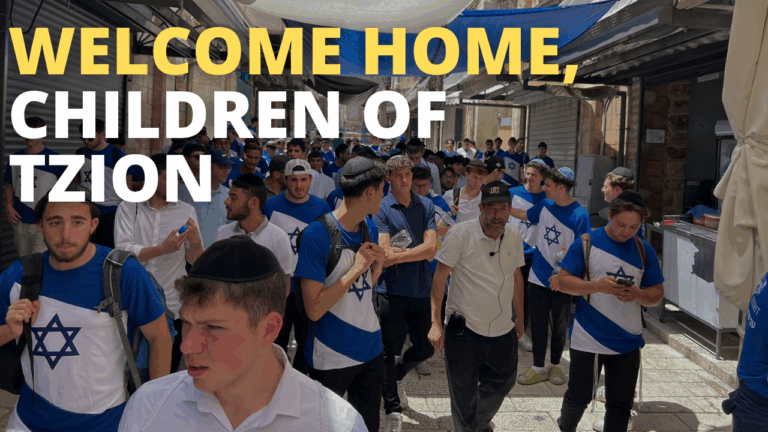The Living City
The Land of Israel is a unique location. Most lands are merely places where people live, a setting for their lived experience. Land is inanimate. It is treated as part of one’s financial portfolio. The Land of Israel, though, is different. The Torah treats it as almost a sentient being that responds differently based on who is living there and how they are living. One does not live on the Land of Israel, but with the Land of Israel. There is a symbiotic relationship between the Jewish people and the Land.
Rav Aharon Cohen, a former Rosh Yeshiva of Yeshivat Chevron, sees this as an underlying theme of the parsha. When the people believe the spies’ negative report and God decides to punish that generation by having them all die out in the desert, He uses an intriguing formulation:
But your carcasses shall drop in this wilderness, while your children roam the wilderness for forty years, suffering for your faithlessness (zenuteichem), until the last of your carcasses is down in the wilderness.
God refers to the Jewish people’s sin as zenut – a word who’s technical meaning refers to a spousal betrayal.
Rav Aharon Cohen notes this word and explains as follows:
The Torah chooses the language of “zenut” since the fact that the Jewish people rejected the desirable land is called zenut. The connection between the Jewish people and the Land of Israel is akin to the connection between a husband and a wife.
The Land of Israel is not merely a place where we live. It is more akin to a spouse that we live with.
If this is true regarding the Land of Israel, then it is all the more true regarding Yerushalayim. We do not just live in Yerushalayim, we live in a relationship with Yerushalayim. Therefore, Yerushalayim only reveals its magic for those that are worthy of it and appreciate it. Like a human spouse, the more interest one takes in the city and the more one expresses one’s care for it, the greater the reciprocal response.
In his teachings regarding our parsha, the Sefat Emmet infers this idea from the following verse: “Though they called you ‘Outcast,’ That Zion whom no one seeks out.” The Talmud comments that we see from here “that Yerushalayim requires seeking out.” The Sefat Emmet explains that “when the Jewish people care about it, then Yerushalayim responds with care.” Yerushalayim is a living entity that must be treated with care and concern that is normally reserved for humans. For a foreign invader, it might seem like any other hundreds of cities. But for those who treat Yerushalayim with the love and reverence that it deserves, the city will be a taste of heaven on earth.
DOWNLOAD AND PRINT



